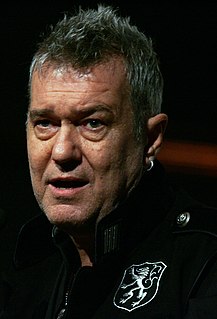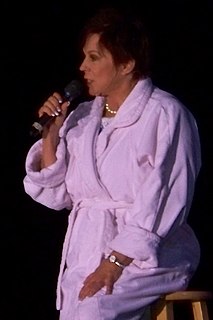A Quote by John Kenneth Galbraith
If we were not in Vietnam, all that part of the world would be enjoying the obscurity it so richly deserves.
Related Quotes
Most of us who were opposed to the war, especially in the early '60's - the war we were opposed to was the war on South Vietnam which destroyed South Vietnam's rural society. The South was devastated. But now anyone who opposed this atrocity is regarded as having defended North Vietnam. And that's part of the effort to present the war as if it were a war between South Vietnam and North Vietnam with the United States helping the South. Of course it's fabrication. But it's "official truth" now.
In the 1970s, we got a Labor government that put more emphasis on trade with Asia; the Vietnam war ended, and refugees were coming in. We were more part of Asia than America and the rest of the world. There was the proximity, for a start - all these countries and cultures just north of us. It just made sense that that's what we were part of.
Why was the United States so afraid of an independent South Vietnam? Well, I think the reason again is pretty clear from the internal government documents. Precisely what they were afraid of was that the "takeover" of South Vietnam by nationalist forces would not be brutal. They feared it would be conciliatory and that there would be successful social and economic development - and that the whole region might work.
I would like to say something, not just to Vietnam veterans in New England, but to men who were in Vietnam, who I hurt, or whose pain I caused to deepen because of the things that I said or did. I was trying to help end the killing and the war, but there were times when I was thoughtless and careless about it and I'm...very sorry that I hurt them. And I want to apologize to them and their families.
My film isn't about Vietnam. It is Vietnam. It's what it was really like. It was crazy. And the way we made it was very much like the way the Americans were in Vietnam. We were in the jungle, there were too many of us, we had access to too much money, too much equipment and little by little we went insane.
Vietnam was the defining event for my generation. It spilled over into all facets of American life - into music, into the pulpits, in churches of our country. It spilled over into the city streets, police forces. And even if you were born late in the generation, Vietnam was still part of your childhood.
I was always convinced that decent people in the case of Vietnam, highly intelligent, decent people, got us involved because they had made, in part, a misjudgment about the nature of the communist system and the unity of the communist world and the degree to which the experience of Europe could be repeated in Vietnam.




































